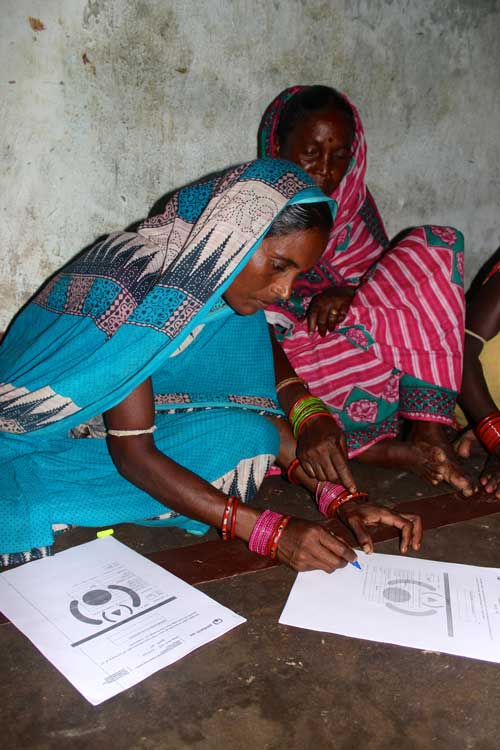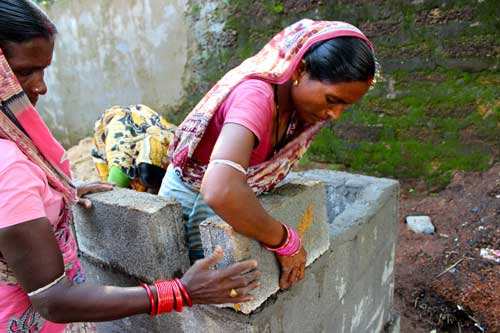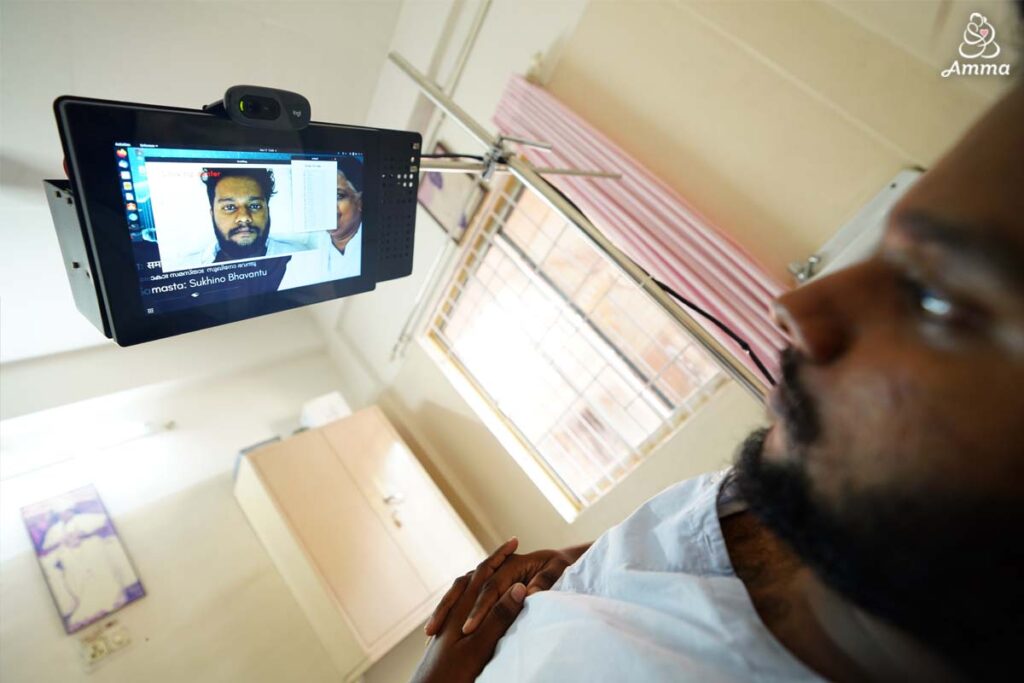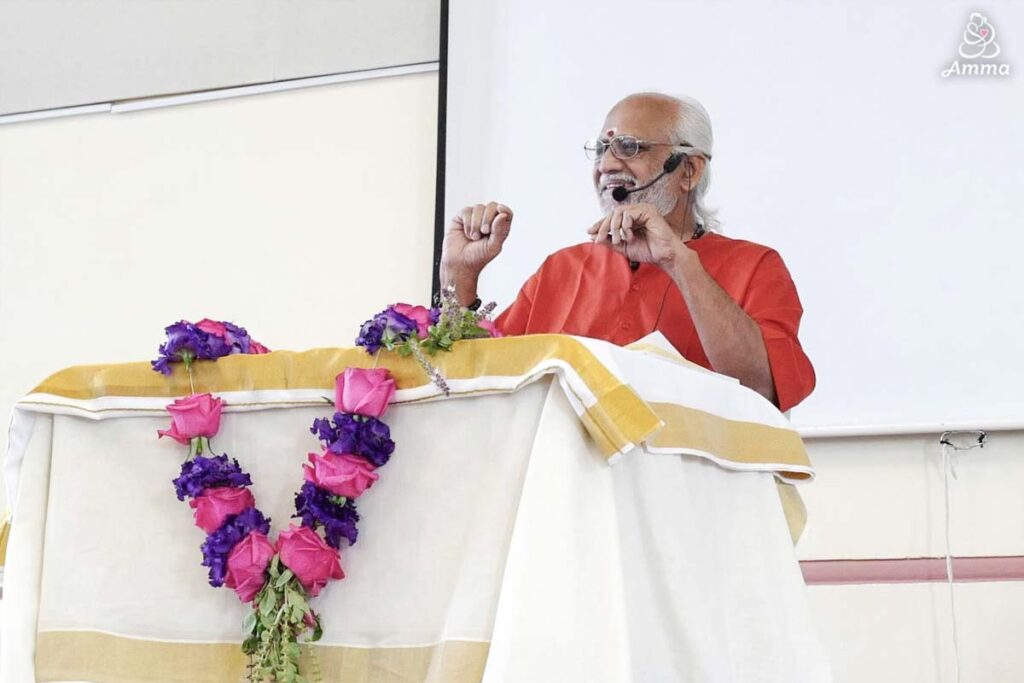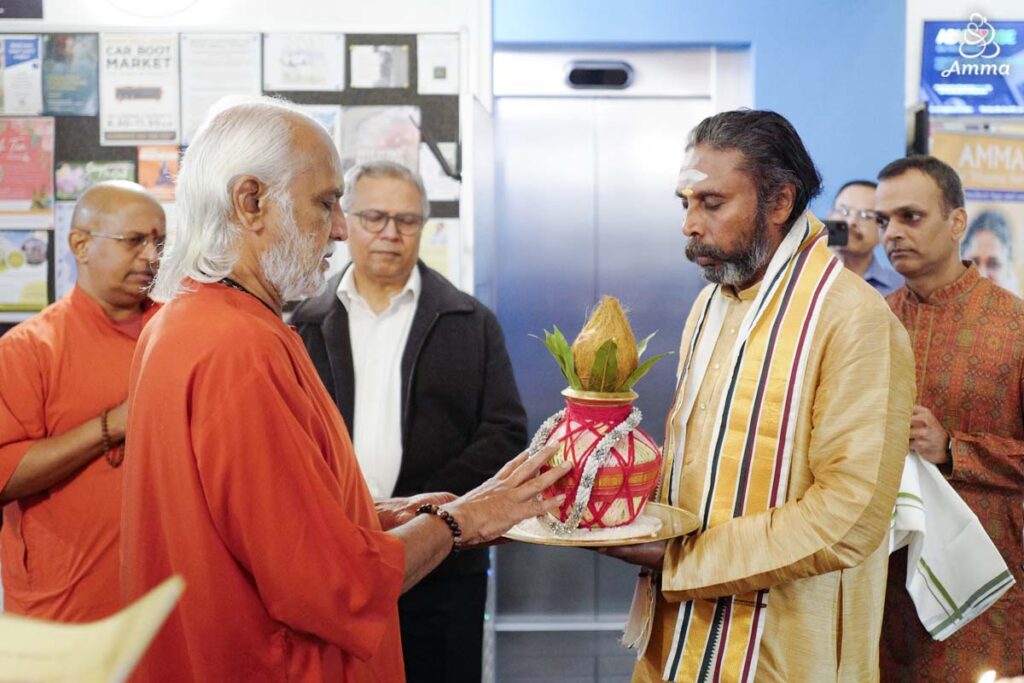Sanitation matters. It has far-reaching impacts on everything from health and safety to education and livelihood. Lack of access to adequate sanitation is a daily reality for 2.5 billion people. Better hygiene can dramatically improve the incidence of disease and mortality from diarrhea to stunting and malnutrition. It can keep children healthier and in school. In particular, lack of access to sanitation and hygiene disproportionately affects women.
In addition to the lack of privacy and dignity, women are far more vulnerable to the risk of physical and sexual assault. Women lose valuable time going far away from home just to relieve themselves or help a family member. When girls hit puberty, without access to private facilities, attendance and dropout rates increase dramatically. In the workplace, unhygienic facilities can cause women to have higher rates of absenteeism and subsequently lose productivity and income. Holding women back holds society back and individuals, families, and communities suffer the consequences.
India recently set a national goal to end open defecation by 2019. To address the lack of toilets in the country, Amrita University is offering vocational courses in masonry, plumbing and electrical wiring to village women so they can construct, install and maintain toilets in their own communities. The women also learn about the importance of practicing proper hygiene for their personal health, thus empowering them to spread awareness and become ambassadors for change.

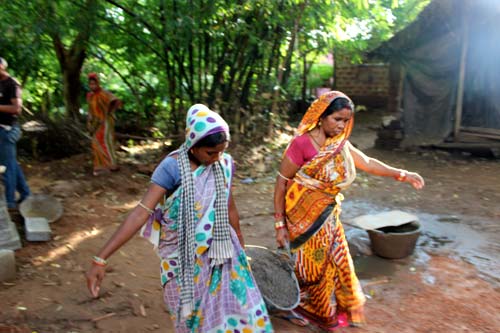
In the first phase of the project, 20 women in the village of Bhoi Sahi, Odisha are building fully functional toilets in their own homes. The women started building the toilets earlier this month and have completed 9 toilets with another 11 more on the way.
One of the students, Magilata explained that currently the women travel one kilometer to relieve themselves in the field. Many of them go there only in the early mornings and late at nights to attain some sort of privacy. They felt it was difficult but unavoidable.
“Our approach is to take what has been a persistent social ill – open defecation and lack of basic hygiene – and transform it into an economic opportunity for people below the poverty line while simultaneously improving public health outcomes for the community at large,” said Sreeram, one of our field researchers. We have provided vocational training using technology to more than 4,000 women from rural and tribal areas, to date. Amrita University’s Ammachi Labs focuses on economic and social empowerment through computerised vocational education training (cVET). The lab has also developed Life Enrichment Education (LEE) courses to address existing social issues in each community and practical training to ensure each student achieves a holistic education.
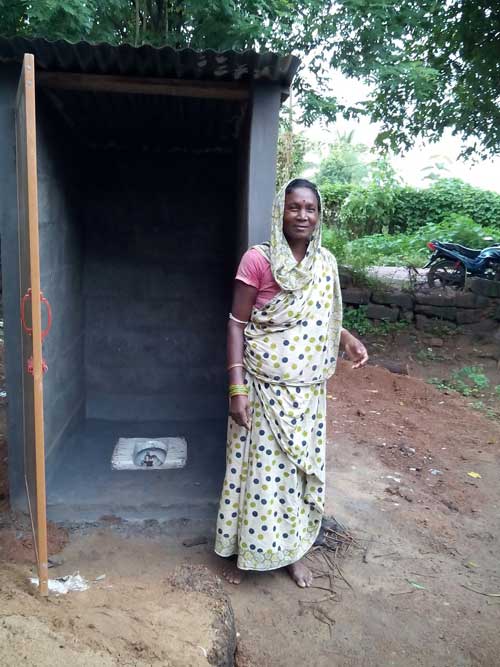
In Bhoi Sahi, LEE workshops on awareness and hygiene were conducted with plans to deliver gender equality, human rights, and financial literacy modules to enhance their current understanding. Our initiative also gives women first hand access to technology by delivering vocational education through computerized modules. The Bhoi Sahi women were thrilled to acquire new skills and learn through computers. Going forward, the women themselves will sustain the project, and use their new knowledge to improve their livelihoods.
Another student, Shantilata, spoke for many of the women when she said she was motivated to build toilets for the good of her family and the wider community, especially with the awareness that it could reduce the incidence of communicable diseases such as diarrhea. In the future, she wants to learn more about the computer and get income from building toilets.
“With these new toilets, many women expressed that they would feel safer and better about themselves; they see the short term rewards of having a toilet while reaping long term benefits for attaining a skill that they can generate an income for themselves and ensure the health of their families. It is our goal for these ladies that upon completion of the project, they form a women’s cooperative and receive support from one another.” said Prof. Rao R. Bhavani, Director of Ammachi Labs.
The dream is already coming true. The Sarpanch (District Supervisor) of nearby Chattabhar, Mr. Vishnu Prasad, has already placed an order with the new plumbers to build 3,000 toilets in the district. The district will pay them Rs. 10,000 (US $120) per toilet for their efforts. With the tools and skills provided, the women of Bhoi Sahi are taking change into their own hands and transforming themselves and their communities.
